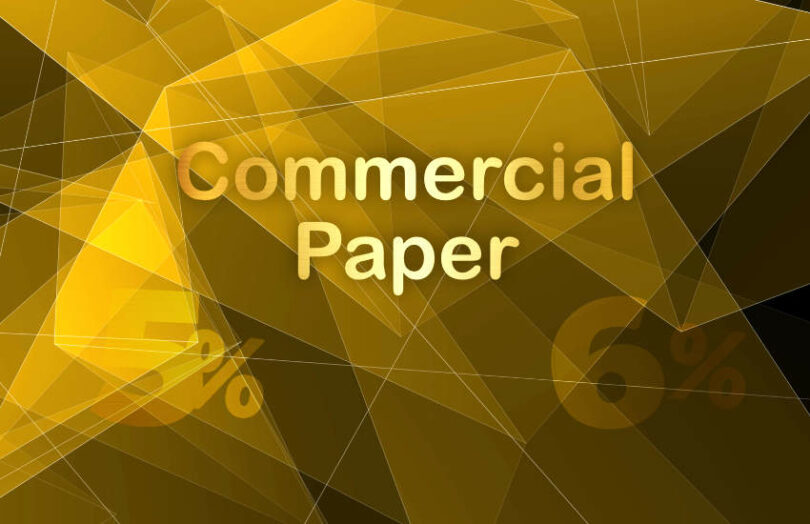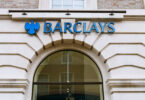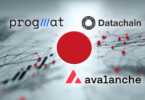Yesterday tokenization startup Prontoblock announced a deal with Mercantile Bank to enable the bank’s clients to buy or issue tokenized commercial paper – corporate unsecured short term debt.
If you’re familiar with this sector, it might surprise you that a U.S. bank was granted permission to tokenize commercial paper, given every DLT related activity has to be approved by the Federal Reserve or OCC. It turns out that Mercantile Bank is a “U.S. bank” but based in Puerto Rico. Hence its regulator is the Puerto Rico Office of the Commissioner of Financial Institutions.
Despite the fact that commercial paper is a security, even if U.S. investors are the target market, it turns out that commercial paper doesn’t need to be registered with the U.S. SEC if its maturity is less than nine months. It’s still exempt in the U.S. if the commercial paper is continually rolled over. There are other caveats for the exemption, including a minimum denomination of $100,000 (?**) and a total issuance amount of under $5 million.
Article continues …

Want the full story? Pro subscribers get complete articles, exclusive industry analysis, and early access to legislative updates that keep you ahead of the competition. Join the professionals who are choosing deeper insights over surface level news.






